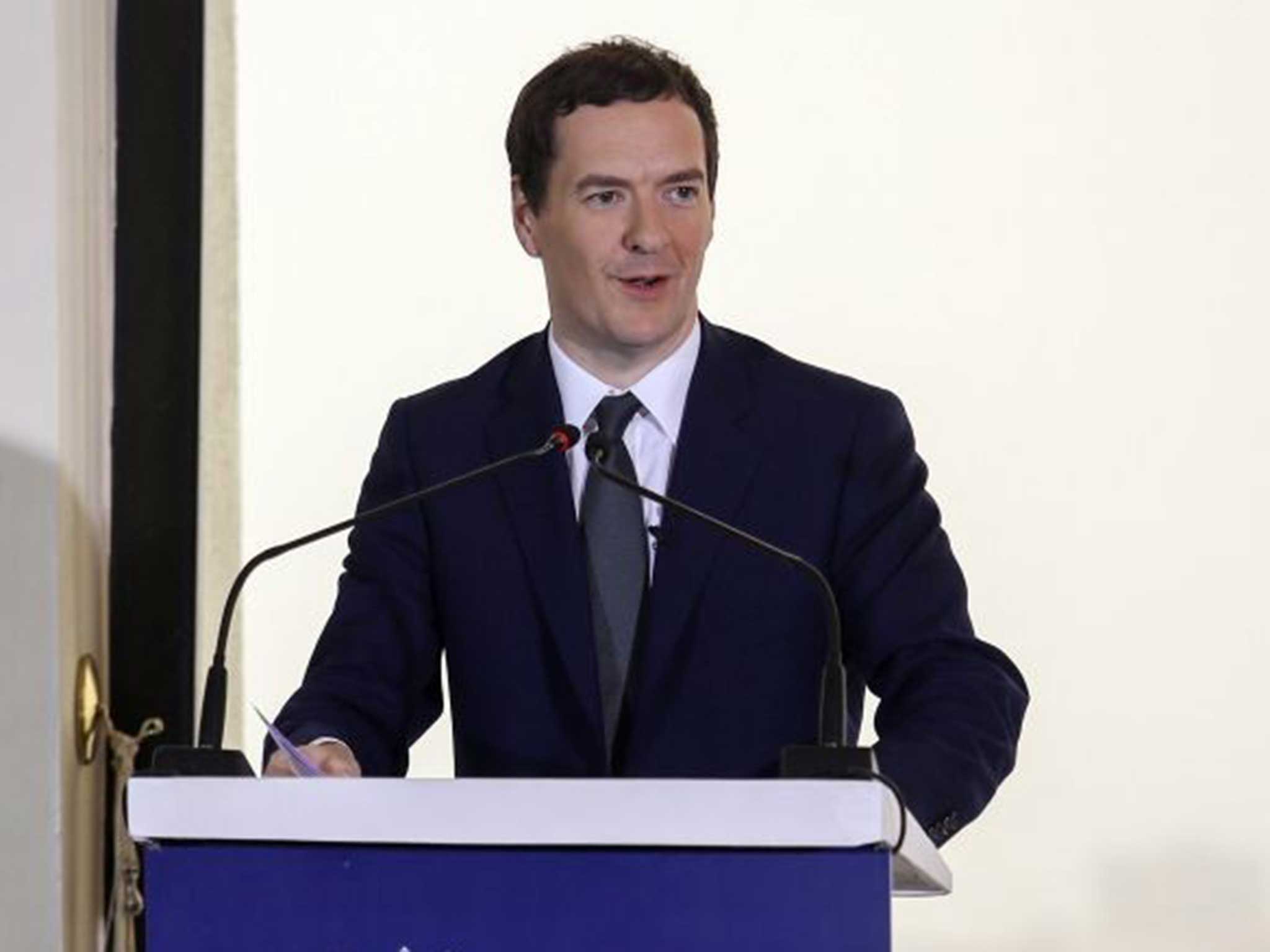The latest trade figures are pretty abysmal. The trade in goods deficit in June rose to £9.4bn, up from £9.2bn in May.
It’s a further blow to hopes that the recovery might be re-balancing away from consumption and services growth towards exports and manufacturing.
So what’s driving the disappointments?
A closer look at the Office for National Statistics release shows that the value of total goods exports fell in June by 1.6 per cent to £23.5bn.
And within this it was exports outside of Europe that were the culprit.
The value of exports of goods to the EU, which accounts for around half of our trade, was flat on the month at around £12bn.
But exports to the rest of the world fell by 3.2 per cent to £11.5bn. That fits with the pattern over the three months to June, with exports on the quarter to the EU up 1.5 per cent, but exports to the rest of the world down by 2.9 per cent.
Yet it bucks the trend over the period since the Coalition was formed in 2010.
As this shows non-EU goods exports are up 13.7 per cent since the second quarter of 2010, while EU goods exports are up only 1.3 per cent:
If we adjust those figures for inflation the divergence is even starker:
So non-EU goods export volumes up 14.3 per cent and goods export volumes to the EU falling by 3.16 per cent.
Of course even the non-EU trade lift is much weaker than hoped for four years ago. Here’s the Office for Budget Responsibility’s total export volume forecast (so including services) in 2010 versus the out-turn:
Net trade has made a disappointing contribution to GDP growth since the Coalition was formed:
Trade did boost output in 2011 but in 2010 and 2012 it dragged down growth. It made a nugatory contribution in 2013.
For reasons that are still unclear the 25 per cent trade-weighted depreciation of sterling during the global financial crisis did not have the hoped-for consequences for export or import growth.
The OBR already expects net trade (exports minus imports) to make no contribution to average quarterly growth over the next four years as this chart from its most recent report shows:
But it’s possible that things could be even worse.
The eurozone recovery is faltering, suggesting there will be no significant boost to demand for British exports from the Continent in the near future. And tit-for-tat sanctions between Russia and the West are making investors increasingly nervous about the global trade picture. If the Bank of England does raise interest rates over the next six months, as many analysts expect, that is likely to push up the value of sterling, making life more difficult for goods exporters.
The upshot? If the robust UK recovery continues sucking in imports, net trade could easily slip from making zero contribution to growth to being an outright drag over the coming years.
Subscribe to Independent Premium to bookmark this article
Want to bookmark your favourite articles and stories to read or reference later? Start your Independent Premium subscription today.


Join our commenting forum
Join thought-provoking conversations, follow other Independent readers and see their replies